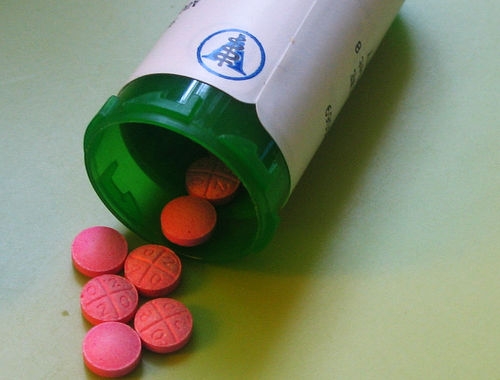
(cc) – Rakka
Authors: Hannah Brennan, Amy Kapczynski, Christine H. Monahan, and Zain Rizvi
Abstract: High drug prices are creating serious health and fiscal problems in the United States today. This reality is vividly illustrated by recently approved medicines to treat Hepatitis C. These new medicines can cure nearly everyone with this potentially fatal infection and may even enable the elimination of this disease. But the drugs’ sticker price — close to $100,000 — has meant that very few patients who could benefit from them can access them. This Article describes an approach, available under existing law, to bring about transformative reductions in the prices of these medicines, at least for federal programs and possibly beyond.
Under 28 U.S.C. § 1498, the U.S. government can buy generic versions of these medicines at less than 1% of their list price plus a reasonable royalty. This power has received almost no academic attention, despite the fact that it is regularly used by the government in other sectors, including defense. Indeed, though it has now been forgotten, the federal government relied on this provision numerous times to procure cheaper generic drugs in the 1960s. We recover this history and show how § 1498 can once again be used to increase access to life-saving medicines, addressing several important interpretive questions about the application of the provision along the way.
We also offer the first sustained efficiency defense of this approach. This power, we show, can be analogized to the eminent domain power over land and similarly justified as a means to address hold out problems. We show that courts or agencies can fashion damages remedies that provide robust returns to investment, and so protect dynamic incentives while permitting radical improvements in static efficiency. Our remedy involves some risk, as do all policy innovations. But the status quo is so deeply dysfunctional — with millions of Americans unable to benefit from medicines that could halt the spread of a major disease — that the case for action is overwhelming.
Citation: Brennan, Hannah and Kapczynski, Amy and Monahan, Christine H. and Rizvi, Zain, A Prescription for Excessive Drug Pricing: Leveraging Government Patent Use for Health (August 1, 2016). 18 Yale J. L. & Tech. 275 (2016).
Full Text on SSRN: http://ssrn.com/abstract=2832948




